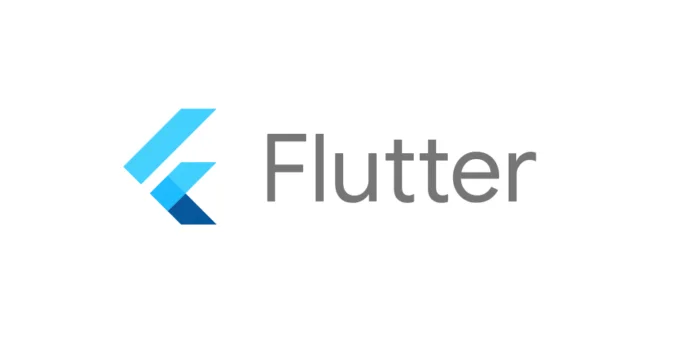Introduction
In the ever-evolving world of mobile app development, Flutter has emerged as a game-changing technology. Developed by Google, Flutter has gained significant traction due to its ability to create natively compiled applications for multiple platforms from a single codebase. As technology continues to progress, developers are eagerly anticipating the future of Flutter and the enhancements it will bring in the next version. In this blog post, we will delve into the exciting features and advancements expected in Flutter app development in the near future.
The Meteoric Rise of Flutter
Flutter’s journey has been nothing short of remarkable. Since its first stable release in December 2018, it has witnessed a rapid surge in popularity among developers worldwide. The combination of fast development cycles, impressive performance, and a rich set of customizable widgets has made Flutter a top choice for many app development projects.
Flutter’s Advantages and Appeal
Single Codebase, Multiple Platforms
One of the primary reasons behind Flutter’s popularity is its single codebase approach. With Flutter, developers can write code once and deploy it to multiple platforms, including iOS, Android, web, and desktop. This not only saves development time but also ensures consistent user experiences across different devices.
Exceptional Performance
Flutter’s architecture, based on the Dart programming language, allows it to achieve native-like performance. Unlike some cross-platform frameworks that rely on a bridge to communicate with native components, Flutter directly compiles to native code, resulting in fast and fluid applications.
Rich Widget Library
Flutter’s widget library is extensive and highly customizable, enabling developers to create visually stunning and interactive user interfaces. From basic UI elements to complex animations, Flutter provides a wide range of widgets to cater to diverse app design requirements.
What to Expect in the Next Version of Flutter
As Flutter continues to evolve, the next version is expected to bring even more exciting features and improvements, further solidifying its position as a leading app development framework.
1. Enhanced Performance
Flutter’s performance has always been a strong suit, and the next version will build upon this foundation. Developers can expect further optimizations in the Dart language and the compiler, resulting in faster execution times and improved app responsiveness.
2. Expanded Widget Library
Flutter’s widget library will receive additions and enhancements to offer even more flexibility to developers. New widgets and design elements will be introduced to keep up with the latest design trends and cater to various application use cases.
3. Platform-Specific Customization
While Flutter emphasizes cross-platform development, the next version will also focus on providing more platform-specific customization options. This will allow developers to fine-tune their applications for each platform, ensuring a native-like experience for users.
4. Improved Tooling and DevOps Integration
Flutter’s tooling and integration with development operations (DevOps) workflows will be further refined. This will streamline the development process, making it easier for teams to collaborate and deploy applications efficiently.
5. Augmented Reality (AR) and Machine Learning (ML) Support
To stay at the forefront of technology trends, Flutter is likely to introduce enhanced support for emerging technologies like AR and ML. This will enable developers to create immersive and intelligent applications that leverage cutting-edge capabilities.
6. Better Web Support
Flutter’s web support has been steadily improving, and the next version is expected to make further strides in this area. Developers can anticipate more robust web capabilities, allowing them to create high-quality web applications using Flutter.
7. Focus on Accessibility
Inclusivity is a crucial aspect of app development, and Flutter will continue to prioritize accessibility in the next version. This will ensure that developers can create applications that are usable by a diverse range of users, including those with disabilities.
Embracing the Future with Flutter App Development
With its remarkable performance, cross-platform capabilities, and rich set of widgets, Flutter has already made a significant impact in the world of app development. As the technology continues to evolve, Flutter app development will only become more powerful and versatile, empowering developers to create outstanding applications that cater to a global audience.
Whether you are an experienced developer or just getting started with app development, embracing Flutter opens up a world of possibilities. With the upcoming version, Flutter is set to reach new heights, revolutionizing the app development landscape and shaping the future of mobile and web applications.
Conclusion
the future of Flutter app development looks incredibly promising. As the Flutter community grows and the platform continues to evolve, developers can look forward to creating innovative, high-performance applications that push the boundaries of what is possible in the world of technology

